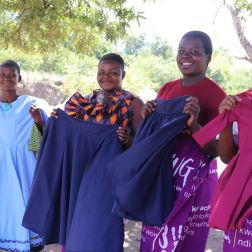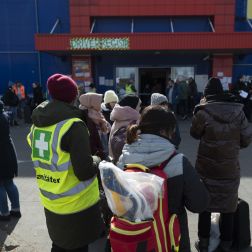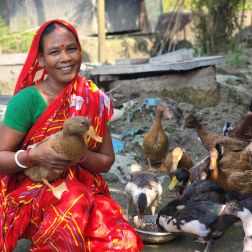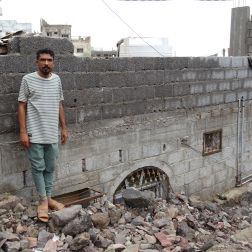- 5 mins read time
- Published: 28th May 2020
Ireland's new Government must tackle inequalities made worse by COVID-19
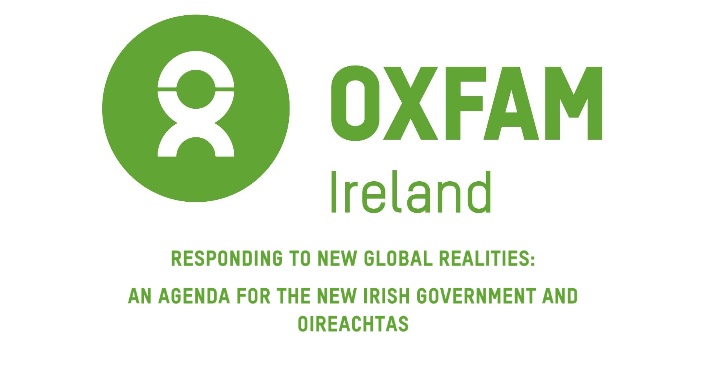
We are calling for ambitious and collective action at home and overseas to address poverty, hunger and the climate crisis
The next Irish Government must prioritise tackling the glaring global inequalities that COVID-19 has further exposed as well as ending the injustices driving poverty, hunger and the climate crisis.
In Responding to New Global Realities: An Agenda for the new Irish Government and Oireachtas, we laid out an ambitious call for decisive and collective action to create a fairer and more sustainable world that leaves no-one behind, highlighting how the COVID-19 pandemic has proved our global interconnectedness and that things can be done differently.
As Ireland eases restrictions and begins to plan for the future, for the world’s poorest and most vulnerable the devastating impact of COVID-19 will continue long after the threat of the virus is gone. Responding to New Global Realities calls for leadership at an international level to address the economic fallout of COVID-19 that could push half a billion more people into poverty and decimate already inadequate social protection infrastructure and essential services like healthcare.
Our agenda outlines action needed by the next Irish Government across three main points:
-
Resource Poor Countries' development needs in a changed world
-
support system change in healthcare, food production and protection of the vulnerable
-
build a more sustainable and just world
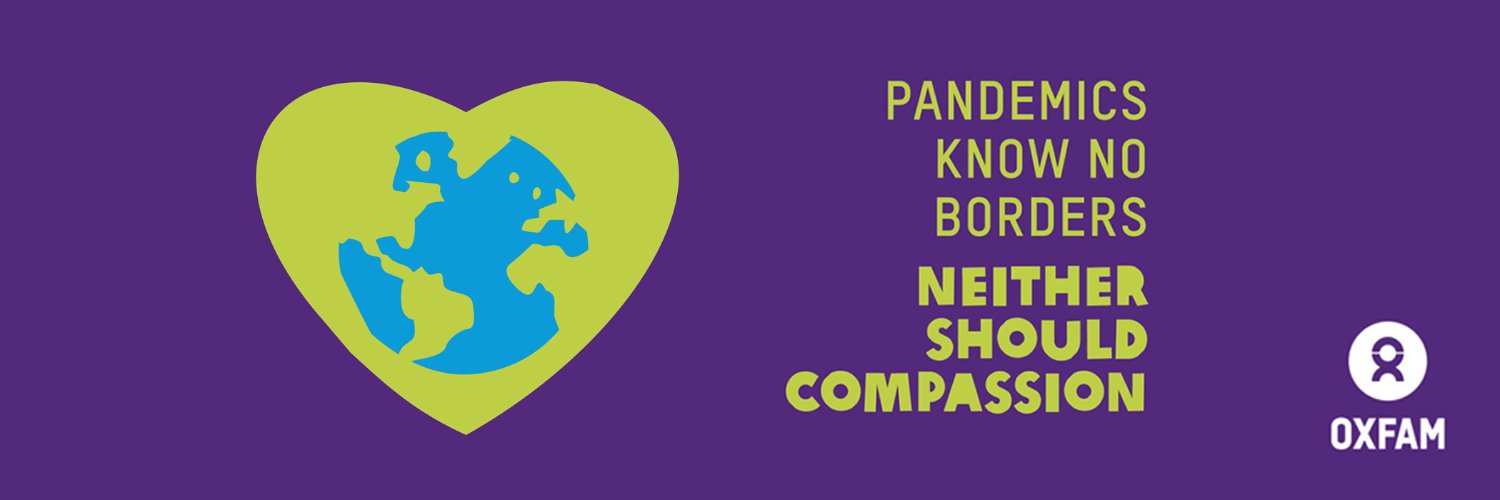
Globally
Jim Clarken, our Chief Executive, said, “Even in times of crisis, our leaders must not lose sight of their duty to uphold human rights and environmental protection. In many ways this pandemic is a dress rehearsal for the climate emergency. COVID-19 may well seem like a more imminent threat to our lives – but if we do not start to take serious action to address the climate crisis it will quickly pose as great and imminent a threat to our existence – as it already does for many of the communities we work with.
“There has never been a more important time to stand with the world’s poorest and most vulnerable. As we look to the future with hope, they brace themselves for the worst yet to come. Countries across the world are experiencing a major economic hit as governments shut down economies to prevent the spread of the disease. Those who rely on informal work have said this pandemic threatens to starve them before it makes them sick. Women and girls stand to be the hardest hit as they’re at the forefront of the informal work sector as well as on the frontlines of the healthcare profession and caring roles.
“This crisis also risks food value chains, causing immediate concerns for food security in developing countries with the UN warning of famines of “biblical proportions”. Protecting food security and implementing policies and support programmes that promote agricultural development must be supported, while taking into account the challenges of climate breakdown.
“Ireland has made a strong contribution to the international response to COVID-19 – in particular to the UN’s Global Humanitarian Response Plan, as well ongoing humanitarian support through Irish Aid. However, the scale and complexity of this crisis is unprecedented. We must seize this moment to repair the systems that made so many people vulnerable in the first place. This means putting equality at the centre of development in order to help the world recover from the crisis.”
Here at home
We are also calling for a number of measures in Ireland, including reform of the Irish care system. Care work (paid and unpaid) in Ireland and around the world is highly gendered and undervalued in terms of pay and recognition. Provision of care services - childcare, care for the elderly or people with special needs - by the Irish State is relatively low, leaving households to provide these services themselves or to source them from the market - if they can pay. This issue has become even more acute due to the COVID-19 crisis.
In addition, we call for priority to be given to supporting small businesses that have the least ability to cope with the crisis, saying that bailouts of big corporations should be conditional on measures to uphold the interests of workers, farmers and taxpayers and to build a sustainable future.
Recognising that Ireland has made some reforms to address corporate tax avoidance, we don't think they have gone far enough to address the scale of tax avoidance that is facilitated by Ireland’s current corporate tax regime.
In conclusion
Jim siad, “As in the last the financial crisis, the choices currently being made in the short-term at EU level will determine the policy choices open to the Irish Government in the aftermath of the pandemic. The new Irish Government should advocate for development of a monitoring mechanism to ensure any new resources allocated to tackle COVID-19 benefit the most vulnerable parts of the economy.
“The pandemic has forced us to reconsider what is essential to keeping our economies and societies functioning. It has also shown the incredible power of solidarity and collective action - we can rebuild a better world. Ireland now has an opportunity to fulfil its ambition to increase its international influence as set out in Global Ireland and A Better World.
“A better future must be guided by universality, collaboration, human rights, interconnectedness and on the principle of leaving no-one behind. The time is now for Ireland to cement its place as a world leader for progressive change.”
